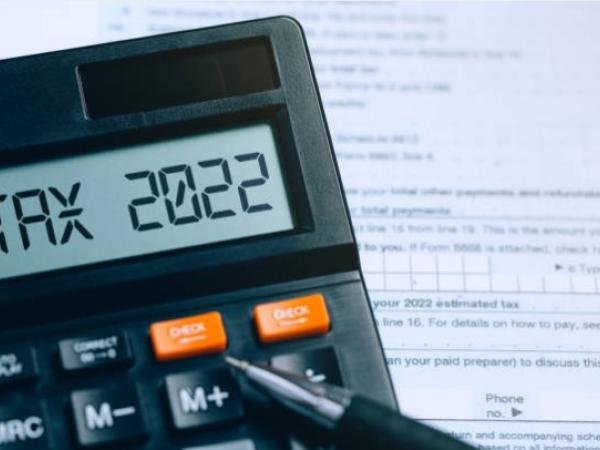Gustavo Petro’s government will present to Congress, possibly on August 8, its tax reform proposalas confirmed by José Antonio Ocampo, appointed Minister of Finance.
(Read: What should be taxed in the country, according to experts).
Now, taxation is one of the most debated issues in the country. And there are several attitudes towards taxes that should be modified and even eliminated, according to experts.
For this reason, Portafolio consulted several of them and inquired about those taxes that deserve to be reassessed.
For Gustavo Acero, an economic analyst at Banco de Bogotá, the reform that the government has in mind implies a significant magnitude of additional fiscal resources. This leads to a direct modification of income tax and VAT to meet the proposed collection goal.
Germán Machado, economic analyst and professor at the Universidad de los Andes, acknowledges that there are several options for improving the tax system in the country. In short, it should be simplified and promote equity.
“It might be a good idea to reduce VAT tax benefits (which are aimed especially at high earners) and limit the tax deductions that people with incomes above $30 million per month have in income tax”, he assures.
Along with this, it highlights that the costs allowed in non-labor income could be reviewed, and reconsider the tax on dividends. In the medium term, it would be desirable for more people to have the obligation to declare their income, even if they do not necessarily pay taxes, he points out.
(Keep reading: Food, services and other sectors that drove inflation).
“In the case of companies, in Colombia it is essential to reduce the corporate tax rate, which is one of the highest in the world, and which, moreover, is not equal between economic sectors”, he adds.
Regarding tax benefits, he considers that they should be reviewed based on which ones help to generate employment and productive capacity in the country.
For his part, for Jorge Iván González, economic analyst, the tax regime in the country merits two actionss: 1. Improve property taxes (for this, no tax reform is needed). 2. reduce exemptions that “they are numerous and many are unjustified, such as those in free zones or VAT on purchases of capital goods”.
Aspect in which the economist Beethoven Herrera agrees, considering urgent the modification of the Free zone income tax. “These zones were created for export and they are not doing it. They export minimal portions and still have VAT exemptions,” he explains.
Also, he believes that a modification to the dividends is necessary, as has been suggested in the tax reform of the incoming government. Herrera explains that Colombia has one of the lowest taxes in Latin America in this regard. For this reason, he adds, “it is pertinent that taxation be concentrated on people based on their income level and not on the company.”
On the other hand, the economist Jorge Restrepo recognizes that certain taxes must be eliminated because they affect the services on which they fall. For example, the 4×1000. “This tax raises the price for consumers and businesses. It must be eliminated and, in turn, replaced with other sources of income”, he points out.
He adds that alcohol taxes have a problematic design and that of fuels, which is susceptible to adjustments in order to have an impact on those who use them in private cars and less on mass transportation.
The economic analyst Mauricio Rodríguez explains that the carbon tax should have some changes, since “the level is low, the growth rate is low, and at this time it does not cover coal.”
(Read: Vehicle tax: when to pay and how to consult it).
For Jeisson Balaguera, CEO of Values AAA and professor at EAN University, there are several taxes that, if reduced, can bring positive consequences for the country. This is the case of the parafiscal taxations, he says, because “they should be changed according to the rank of the company or its turnover so that the small businessman becomes medium or large and can pay more.”
For the economist Jorge Quintero, it is convenient to make certain modifications to green taxes. As for example in single-use plastics. Along with this, reduce the deductions in the income tax people’s income.
BRIEFCASE
















